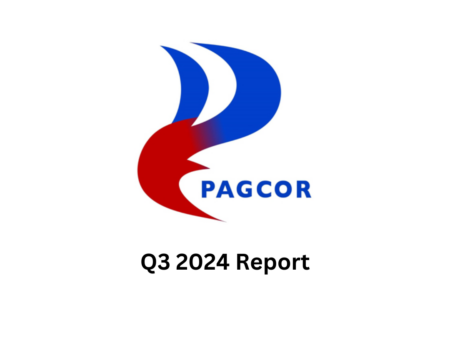The Swedish Trade Association for Online Gambling, known as BOS (Branschföreningen för Onlinespel), has recently made headlines for its vocal opposition to the proposed ban on credit card gambling in Sweden. This stance has sparked debates and raised questions about the implications of such a ban on both the gambling industry and consumers.
The Ministry of Finance in Sweden has put forward a memorandum proposing a comprehensive ban on the use of credit for gambling. The rationale behind this proposal is to address the financial challenges that individuals may face due to gambling with credit and to mitigate the risks of over-indebtedness. If implemented, this ban would prevent gambling companies from accepting payments funded through credit.
In response to the proposed ban, BOS has expressed strong opposition, highlighting concerns about its potential impact on the gambling industry and consumers. While BOS has previously supported tighter credit regulations to protect consumers, it disagrees with the proposed ban on credit card gambling.
Comparisons have been drawn with the UK, where credit card gambling was banned in 2020. Despite initial concerns, the UK gambling industry largely accepted the ban. However, the situation in Sweden presents a different scenario, with BOS taking a distinct stance against the proposed ban.
BOS Secretary General, Gustaf Hoffstedt, has been vocal in articulating the association’s opposition to the ban. He points out discrepancies in the government’s approach, particularly its failure to propose a similar ban on credit card use for purchasing alcoholic beverages, which are exclusively sold by a government-operated retail monopoly in Sweden.
Hoffstedt argues that the proposed ban would create an uneven playing field, giving unlicensed gambling operators a competitive advantage. This, in turn, could potentially lead to unlicensed gambling overtaking licensed gambling in market share.
While BOS opposes the ban on credit card gambling, it remains committed to promoting responsible gambling practices and protecting consumers from harm. The association advocates for measures that strike a balance between consumer protection and maintaining a competitive gambling market.
Hoffstedt’s criticism extends beyond the proposed ban on credit card gambling. He has previously spoken out against the Swedish government’s decision to increase gaming tax, arguing that it places undue financial strain on licensed operators and undermines their ability to compete with unlicensed operators.
The Swedish Trade Association for Online Gambling, represented by BOS, stands firmly against the proposed ban on credit card gambling in Sweden. Through its opposition, BOS aims to safeguard the interests of both the gambling industry and consumers, advocating for policies that promote responsible gambling practices while ensuring a fair and competitive market environment.

















